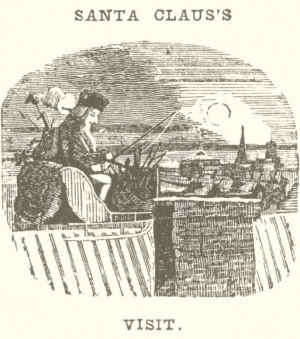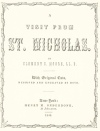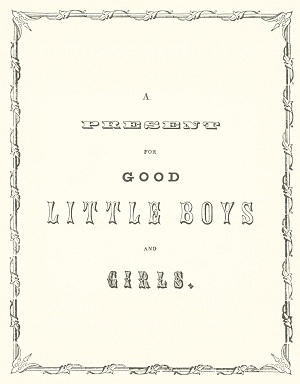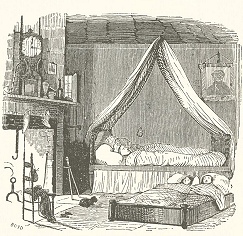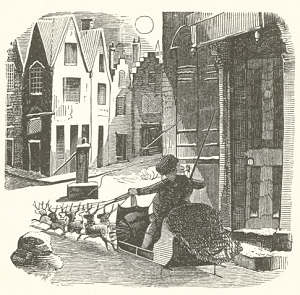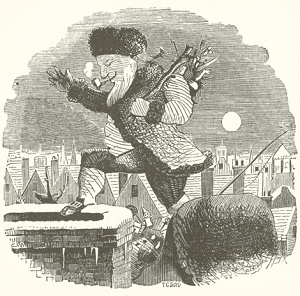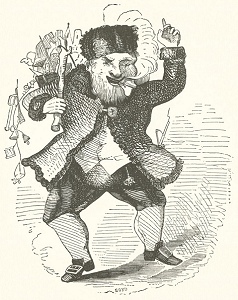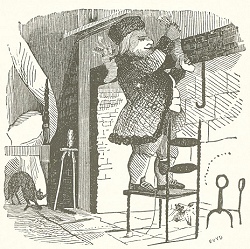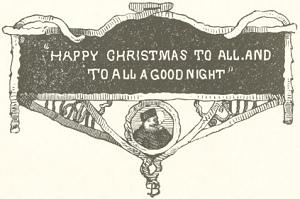Hello! I am Margaret Buffie: Published Author, Artist, and Photographer.
This is the "Home Page" on my website. I lost this page somehow, (I have had computers for a long long time, and I still manage to mess something up now, and again! Lol. So I will try to keep it as lean as possible. But it will give you some information about my writing, my paintings and art, my photography, all the books of mine that were published in many countries and how they amazingly won many awards. And I will add the bits of information about what it is like to be a writer.
I was born in Winnipeg, Manitoba, Canada and grew up with my mother and my three sisters. After our wonderful father died when I was 12, (he was only in his early forties when he passed away with cancer; caused by the toxic paints and cleansers he work with as a lithographer.)
After his death, my brave mother was determined to hold onto our old two story brick house in the West End of Winnipeg; so her girls would not have to leave "home".
Mom took on two jobs in order to keep us in our much loved house. It was hard work for all of us for many years. But she kept her daughters in good form!
Once I was old about - about 15 - I got a job on weekends and in the summer at Eaton's on their switchboard. I worked there right through university and was able to use pay my way. Somehow, I managed to get a degree in Fine Art at the University of Manitoba. Instead of painting in a garret, I had to find a better job right after I graduated.
Somehow, I got a job as an apprentice fashion illustrator for the Hudson's Bay Company down the street from Eaton's. I still have some of the original art from my time there. In a a few years, I was the main artist there.
I married a fellow artist and we have one daughter. I wanted to be a stay at home mom when she was still young. During that time, I started writing just for fun. This happened from reading to her. When she was a teenager, I started reading the books she was reading and I discovered that some of the best writing I had ever read were stories written for early teens and young adults. I decided I would write a novel of my own for young adults.
A year later, after finishing my first manuscript, I sent it to a company in Toronto, Kids Can Press, and a few others. A week after I sent it out the owner of Kids Can Press called me, and said they would like to publish my new book, Who is Frances Rain? I was shocked! Beside myself! I had been gardening in the back yard and had just walked into the kitchen to get a drink and who was on the phone? Was this happening? Yes!
I was with KCP for over 25 years. They published all of novels except the last one, when sadly, they had already sold their company to someone who did not want to publish novels for old readers. My tenth book Winter Shadows was bought by Tundra Books in 2012.
My husband and I had recently bought a very old Winnipeg two-story house in a lovely treed area. He had gone through a serious cancer surgery, and he said he wanted to buy an old house and spend time working on it, as he had already built our wonderful cabin at the lake district in NW Ontario, and he wanted to focus on the old house. Fine by me! I adored that house.
As he was recovering, I did most of my writing in my office in that old house, during the winter and on the veranda of our lake cottage. It was a good life.
MY NOVELS
My books have been published (of course, in Canada) and also, in the USA, Norway, Italy, Japan, Australia, Great Britain, Germany, China, Korea and other countries.
My novels have been the recipient of the prestigious Vicky Metcalf Award for Body of Work (For Writing Inspirational to Canadian Youth): The Young adult Canadian Book Award; and three time winners of the McNally Robinson Book for Young People Award and have been shortlisted for many other awards and honours.
Readers, teachers and students can contact me at (mabuffie@yhaoo.ca)
AWARDS AND DISTINCTIONS
- SHORTLISTED: The Canadian Library Association's Book of the Year for Young People (WINTER SHADOWS)
- WINNER: The Silver Nautilus Award for 2100, Teen Category, USA.
From their site: We look for distinguished literary and heartfelt contributions to spiritual growth, conscious living, high level wellness, green values, responsible leadership and positive social change, as well as to the worlds of art, creativity, and inspirational reading for adults, children, teens and young adults."
Winner's Books were featured at Book Expo America 2011 - (Winter Shadows)
Nominated: The 2013 Young Reader's Choice award: sponsored by the Pacific Northwest Library Association, made up by the libraries from Alberta, British Columbia,
Montana and Washington. (Winter Shadows)
Shortlisted: McNally Robinson for Young People Award : Older Category 2011 - (Winter Shadows)
Nominated: Stellar Award - B.C's Teen Readers' Choice Awards, 2008/9
Novel (Out of Focus)
Chosen: Our Choice (Starred*) YA Fiction Novel (2007) by the Canadian Children's Book Centre (Out of FOCUS) "A star(*) and a book cover in the Our Choice Catalogue signify title of exceptional caliber.
Chosen: PLSA's Young Adult Top Forty Fiction List, 2006/7 (Out of Focus)
Nominated: 2007 McNally Robinson Book for Young People Award : (Out of Focus)
Chosen: OLA Best - Top Ten Canadian books For Young Adults (Out of Focus) Ontario Library Association
Nominated: The Snow Willow Award (Out of Focus) 2007
Winner: 2005 McNally Robinson Book for Young People (THE FINDER)***
Shortlisted 2003 McNally Robinson Book for Young People Award (THE SEEKER)
MORE TO COME>>>>
















































